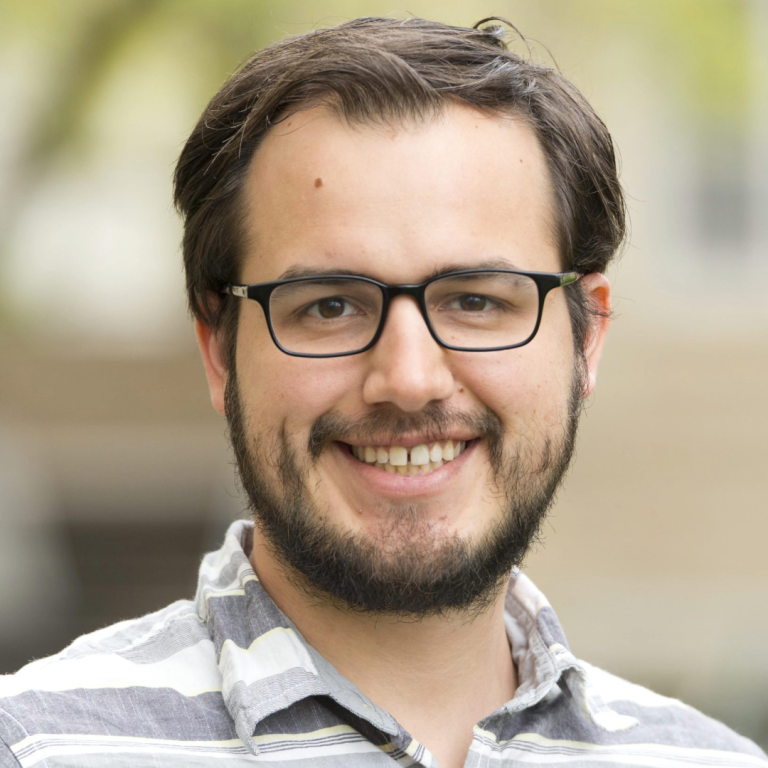Postdocs

Julian “Bene” Ramirez, PhD
Summary of Current Research
I joined the DCAN lab in late 2023, as Post-Doctoral Associate with the goal of leveraging the high-field 7T and 10T scanners at CMRR to better understand the fundamentals of brain function. I aim to research unique functional connectivity patterns in individuals and delineate core principles of brain function throughout development. Previously, I held a Post-Doctoral role at the Child Mind Institute in New York, working with Dr. Ting Xu and Dr. Michael Milham on Non-Human Primate studies to map early developmental stages and characterizing resting-state functional temporal dynamics across the awake and anesthetized states. My Ph.D. research at Oregon Health & Science University, under the mentorship of Dr. Damien Fair, examined how maternal health—specifically inflammation and a “Western-Style Diet”—affects the structural and functional development of the brain using a Japanese macaque model. With a solid foundation in fMRI data analysis and image preprocessing gathered across diverse research environments, I am excited to integrate my past research insights to spearhead novel studies in high-field fMRI at the University of Minnesota.